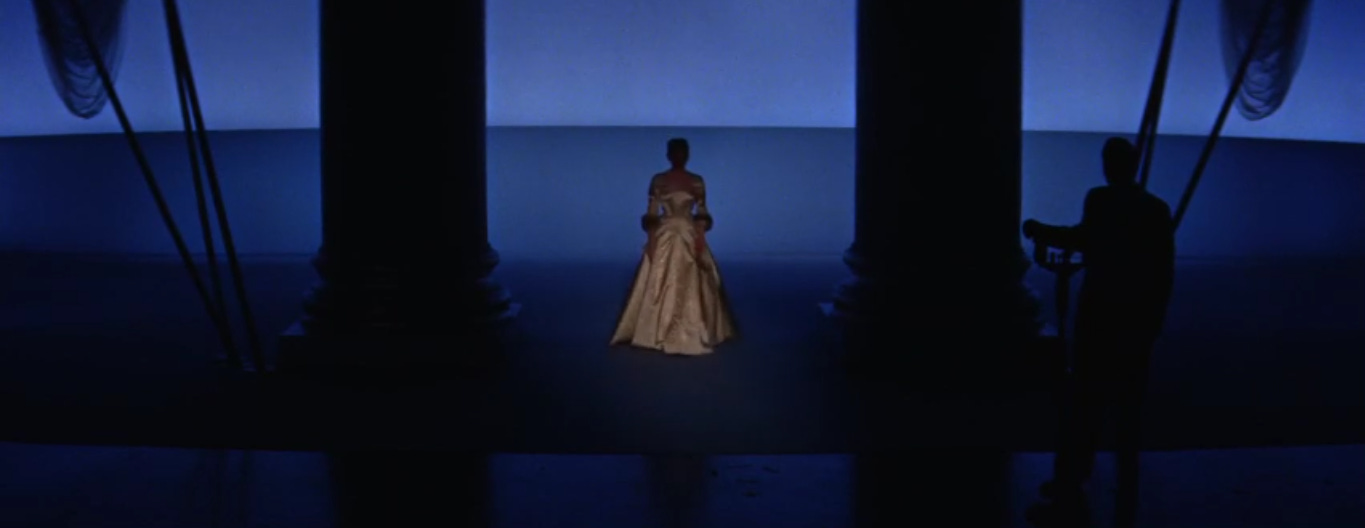Here are some things I enjoyed this week. I read more and watched more films because of my sudden determination to limit all social media and fast-paced internet browsing, which I now shun as evil. I am not sure where the switch happened from ‘hyperconnected young woman’ to ‘Tudor peasant’, but I welcome it. Just now I finished a work shift where I listened to one Pink Floyd album three-and-a-half times in a row after deciding that playlists and the YouTube search function posed a genuine danger for my neural pathways. Shining on.
Collected Stories by Tennessee Williams
I became interested in Tennesse Williams by total accident - I am familiar with his work mainly because much of it was adapted to the medium of film right before or during Hollywood’s studio collapse, and because the resulting films tended to star Elizabeth Taylor. Suddenly, Last Summer was my initiation - a mixture of Southern hysteria and shadowed brutality. I have grown more and more intrigued with every new adaptation and really enjoyed this 600-plus(!)-page anthology of the playwright’s stories this week.
I loved reading this book because it brought into light the exact thought processes and fantasies that were eventually to underline some of Williams’s most memorable plays. A lucid and heartbreaking character study grows into The Glass Menagerie, a scene at a cotton ginning plant is an early blueprint of Baby Doll, and a nonsensical reverie on the Amalfi Coast becomes The Milk Train Doesn’t Stop Here Anymore (later Boom!)
After only engaging with Williams’s relatively neutered Hollywood adaptations, it was surprising to see how many of the featured stories contained explicitly gay themes. The Resemblance Between a Violin Case and a Coffin tells of the author’s own formative obsession, One Arm is a character study of a male prostitute. Other stories detail Wall Street closet cases and shadowy man-on-man killings. As Williams’s career progresses in time, as his treatment of the subject becomes more obvious, so too do his characters grow shadier, hidden to a greater extent within themselves.
A particular standout is The Knightly Quest, a short novella which plays with genre to the level of amusement - it is Southern Gothic drama, spy thriller, space opera and authoritarian dystopia all in one. Emotional excess carries itself (as with Boom!) into camp comedy. A film adaptation must be made pronto.
A Star is Born (1954) dir. George Cukor
Cukor breaks the fifth wall of stardom and then crashes through the visual conventions of colour Cinemascope, with none of the awkward warping or disparate compositions the medium often enables: black-and-white still images with recorded commentary, what appears to be found footage of Hollywood parties, wry overarching studio lots. A Judy Garland dance routine is transplanted from overdesigned set to California living-room. Her casting is probably the best since Leigh’s Scarlett O’Hara. A Star is Born joins the ranks of the greatest and gayest of classic films in its ability to narrate the fate and fortune of its female lead. But Garland, touted as androgynous by critics, sees her trajectory told instead through the man playing opposite - James Mason lives out her decline. I think this may be my new favourite film but I will wait six months to make sure.
Magnificent Obsession (1954) dir. Douglas Sirk
Sirk directs his standard women’s picture, but here it takes on all the characteristics of a Biblical parable - obvious moral undercurrent, blindness, glowing pastoral imagery. The preaching is pulled off Sirkwise, in a manner that helps to cancel out some of the faults of the script - voluminous orchestral backing, flowers, a camera moved to tears, the glint of light on rivers and seas. We imagine Jane Wyman experiencing this world through touch and sound, and then we join her.
Pillow Talk (1959) dir. Michael Gordon
A written-for-purpose setup charges this farce (for it is a farce) with the sort of tension and surprise many romantic comedies wither and fade for lack of. Clumsy mechanics bring it down again in the second half, but not disappointingly so. Telephone engineering eludes the modern viewer. Pillow Talk’s joys lie in its screenwriting style (a laugh elegantly placed at every New York corner), its period-appropriate interior decoration, and its music. Rock Hudson almost moves past his seemingly divine vocation as Cary Grant stand-in, and his subtextual homosexuality adds insight to one glimpse of gay subtext.
青春 (Youth) by Matilda Tao
It’s Olive Tree but for the early oughts!








